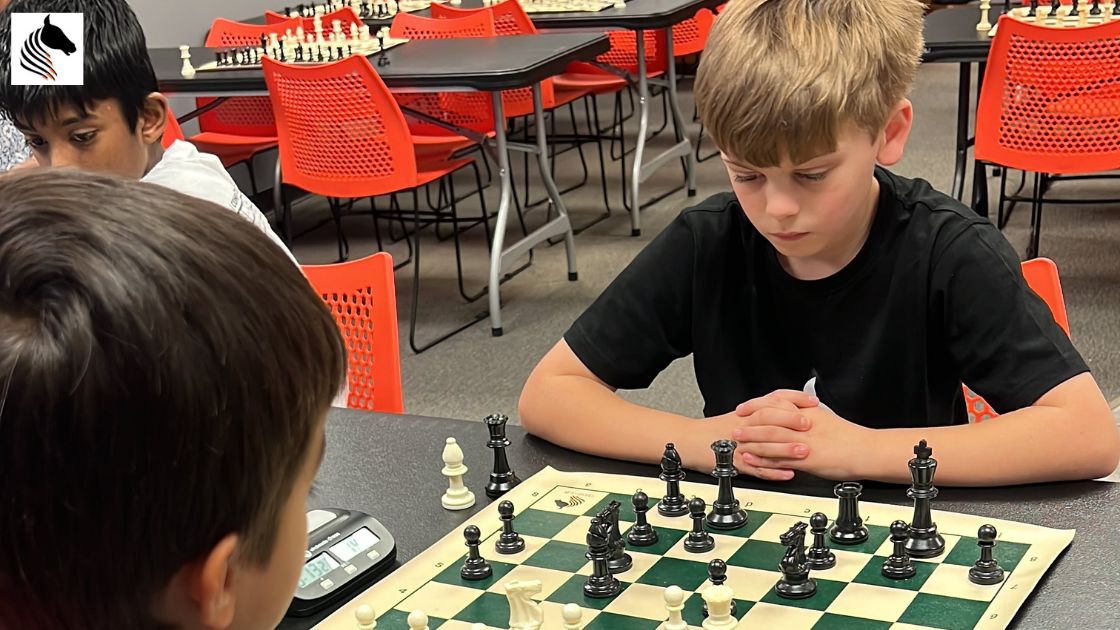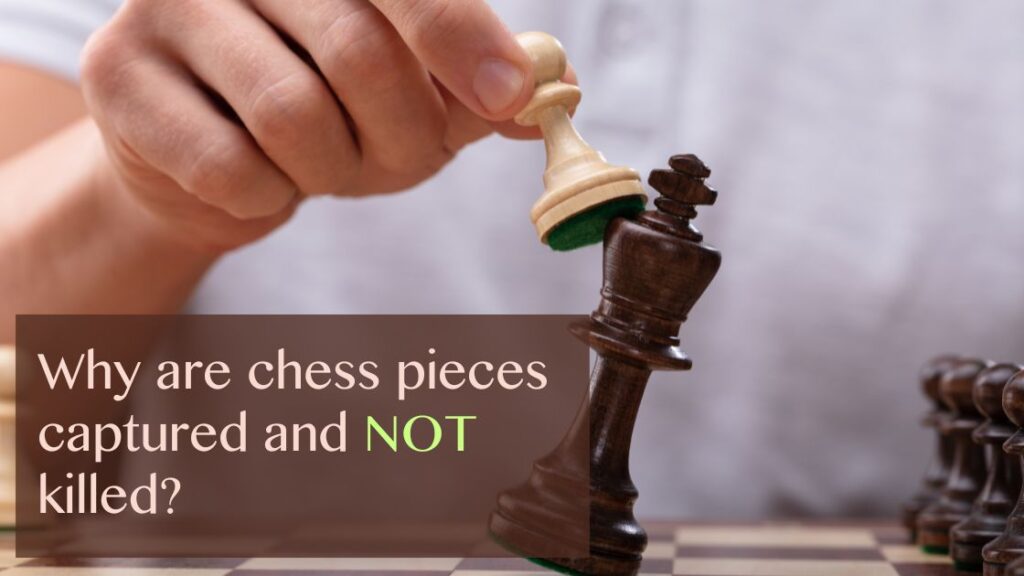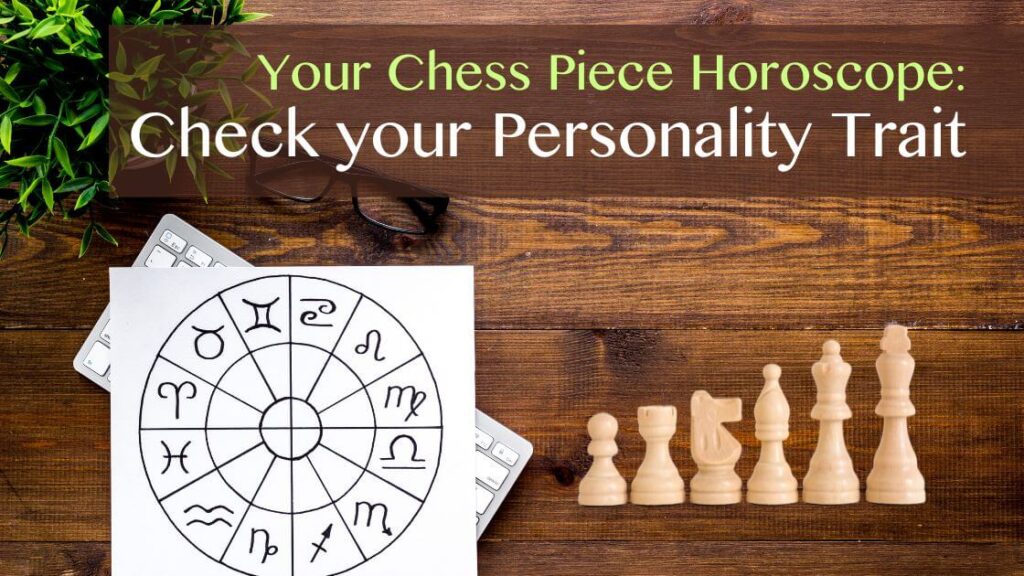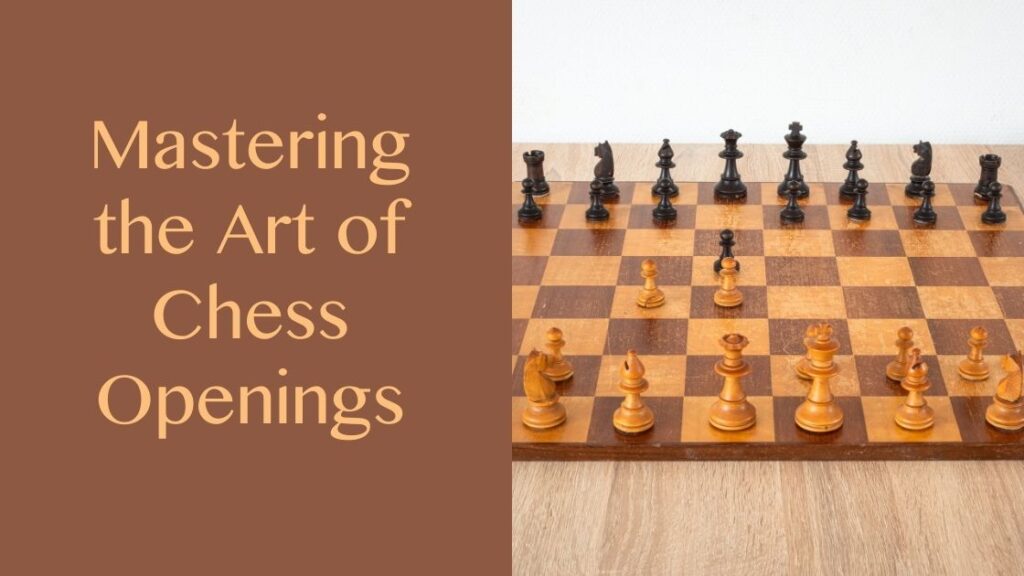However, chess proves to stimulate a developing brain and helps a growing student with a variety of skills.
Cognitive Skills
Chess is a complex and strategic game that requires critical thinking, pattern recognition, planning, concentration, and problem-solving. Regularly playing chess can enhance these cognitive skills, which might indirectly improve various aspects of your cognitive functioning.
Fluid Intelligence
IQ tests often measure what is called “fluid intelligence,” which involves reasoning, problem-solving, and abstract thinking. Engaging in activities like chess could potentially improve your fluid intelligence over time due to the constant exercise of these cognitive functions.
Skill Acquirement
While playing chess might not directly increase your IQ, the skills you develop from playing chess, such as pattern recognition, strategic thinking, and logical reasoning, could potentially transfer to other areas of your life and academic pursuits, which could have a positive impact on your overall cognitive abilities.
Brain Health
Engaging in mentally stimulating activities, like playing chess, can contribute to maintaining and enhancing brain health, which is important for cognitive function as you age.
However, it’s important to note that the specific impact of playing chess on IQ is not well-established in scientific research. IQ is influenced by various factors including genetics, education, environment, and life experiences, not just one activity like chess. Additionally, the degree of improvement from playing chess could vary from person to person.
Since the correlation between chess and IQ has been an age long debate, a few studies were conducted. There have been studies and research that suggest a potential link between playing chess and cognitive improvement.
A study conducted by OJS Ebenezer Joseph, OJS Veena Easvaradoss, OJS Anita Kennedy, OJS E. Joanna Kezia in 2016 was published in the GSTF Journal of Psychology (JPsych).
The study assessed the impact of chess on the IQ scores of children and analyzed the cognitive functions that contributed to the IQ gain. Eighty-six school children, boys and girls in the age group (4-15) undergoing chess training were assessed using the Binet-Kamat Test of Intelligence. Chess intervention consisted of standardized bi-weekly training sessions of 2 hours’ duration over a period of one year.
Significant increases were observed in IQ and the study showed that chess had important implications for education.
It was established in this study that chess is a powerful intervention resulting in significant increases in the child’s cognitive abilities. The average 7-point increase in IQ evident in the present study is remarkable. Chess intervention is also time effective as bi-weekly sessions were sufficient to lead to this increase.
The concept of IQ is complex and multifaceted, encompassing various cognitive abilities such as reasoning, memory, mathematical ability, and verbal skills. While chess can certainly contribute to the development of some of these cognitive abilities, the notion of chess as a direct, stand-alone tool for increasing IQ scores is not definitively established in the scientific literature.
Chess can certainly help develop cognitive skills that are associated with higher cognitive functioning. The key is to engage in a variety of activities that challenge your brain and contribute to your overall mental well-being.












